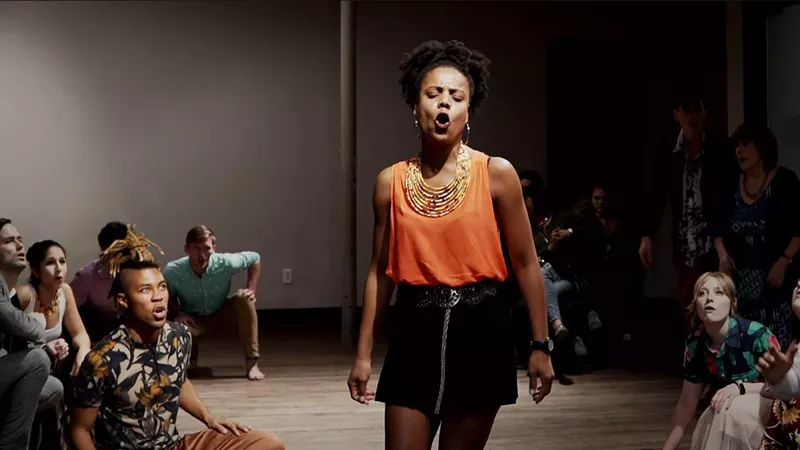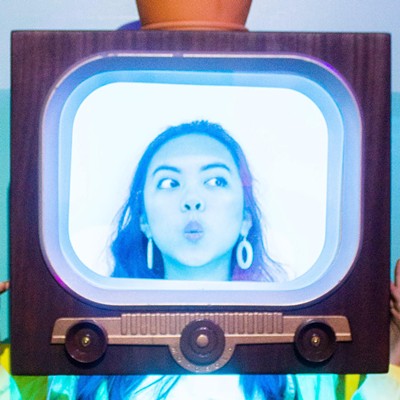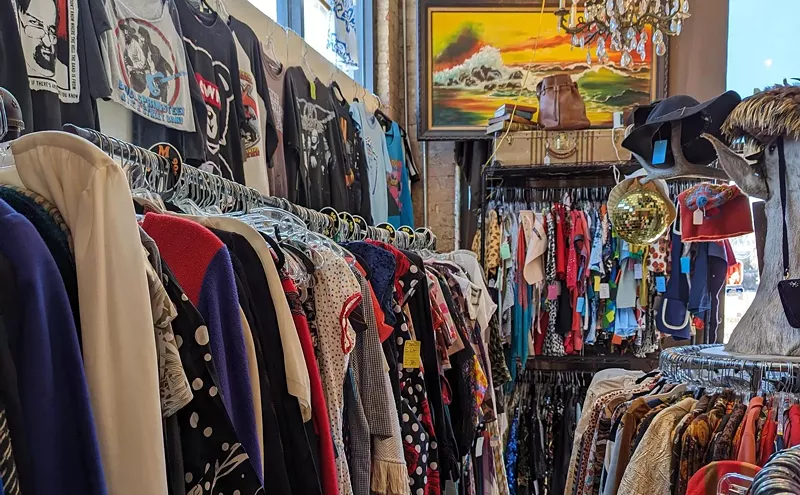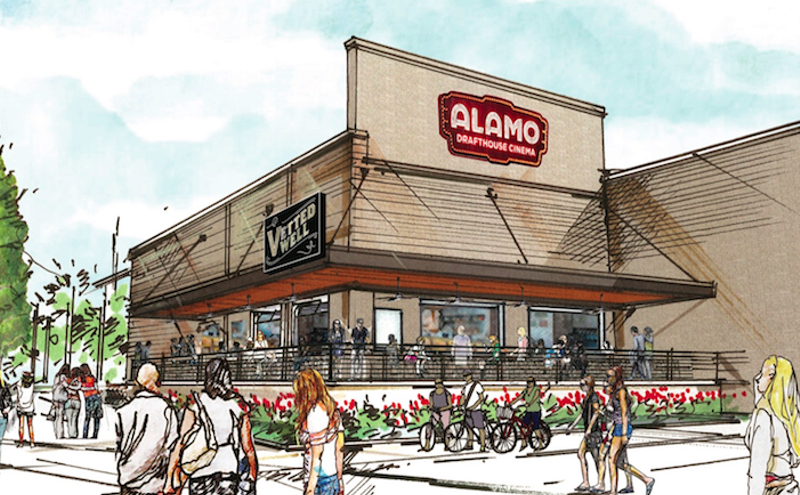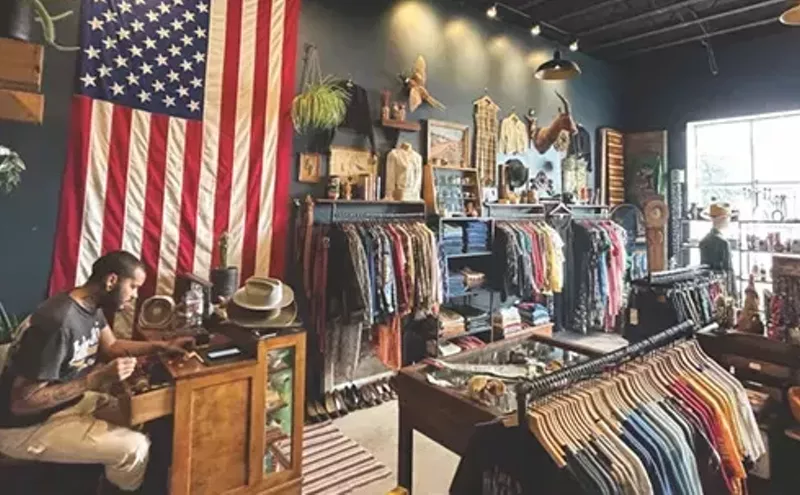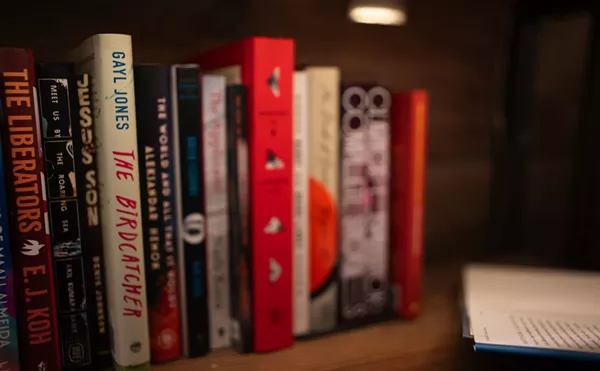Take the arts, for example. So far, the coronavirus pandemic has caused almost $34 million in losses among 57 Dallas arts organizations. Theaters sit empty, galleries are closed, concerts are canceled. Although many big institutions will most likely pull through the pandemic, smaller groups are in financial danger. Specifically, arts groups in minority communities.
“Research has shown that national distribution of arts funding flows disproportionately to large institutions, which puts culturally specific organizations at a disadvantage,” wrote Zannie Voss and Jill Robinson in a Southern Methodist University Data Arts study. “Culturally specific organizations are affected by the same structural racism and inequities that affect the people and communities they serve.”
This month, WFAA reported that the Latinx community has been disproportionately affected by the coronavirus pandemic in Dallas County, where Latinos make up 57% of the positive coronavirus cases but only 41% of the population.
“Latinos are the backbone of our working community in the United States,” says Benjamin Espino, the manager of the Latino Cultural Center of Dallas. “Latinos are disproportionately on the front lines of jobs such as construction, grocery stores.”
The nature of these jobs, which have been deemed "essential" throughout the pandemic, makes it hard to social distance, which Espino believes may be contributing to the community’s disproportionate infection rate.
“Since most Latinx groups do not have endowments, cash reserves or resources to allow them to film their productions, and as they are traditionally underfunded or have lacked the access to PPP [government-funded business loans] funds and other support services from the federal and local agencies, we are seeing many artists and arts groups cease their operations,” says Sara Cardona, executive director of Teatro Dallas.
The creative spirit of local artists may be their saving grace. The city of Dallas’ Office of Arts and Culture still has a full calendar of safer arts-related activities and events on its Facebook page, and the Latino Cultural Center is bringing art to children in underserved communities by distributing art kits at local libraries.“Our communities additionally face discrimination and access to information, at [a] time due to language barriers, but also due to lack of resources. Latino arts groups directly fill this gap.” – Sara Cardona, executive director of Teatro Dallas.
tweet this
Teatro Dallas has also moved to streaming and web-based content for their shows and classes, but they knew they needed to do more.
“Our strength lies within our communities themselves, and several artists and organizations are working collectively to overcome challenges and continue providing culture and arts in education to the community by working together,” Cardona says.
Teatro Dallas recently joined Cara Mia Theatre Co., Soul Rep Theater and Bishop Arts Theater Center to "leverage their resources and strengthen one another," Cardona says. "The coalition is called Dallas BIPOC Arts Coalition and addresses the concerns and needs of the Black and Latinx residents of Dallas."
In a press release, the founders of the BIPOC Arts Coalition stated, “The goals of the BIPOC Arts Coalition are to provide a vision and advocacy platform for antiracism, equitable funding and structural support for culturally-specific artists and performance groups in Dallas.”
Cardona believes Latinx arts groups are vital to responding to the racial imbalances of the coronavirus’ effects in Dallas.
“It is evident that our communities are suffering disproportionately — from relying on public transportation to lacking access to health care and safe housing and the increased presence in front line services,” Cardona says. “Our communities additionally face discrimination and access to information, at [a] time due to language barriers, but also due to lack of resources. Latino arts groups directly fill this gap.”
Cardona urges residents to write and contact their local city council members to demand funding for Lantix arts groups not to be cut.
“I can’t reiterate the importance of the arts right now, especially during a pandemic,” Espino says. “The arts are a way to uplift us and are where we find beauty and a form of meditative calm.”

